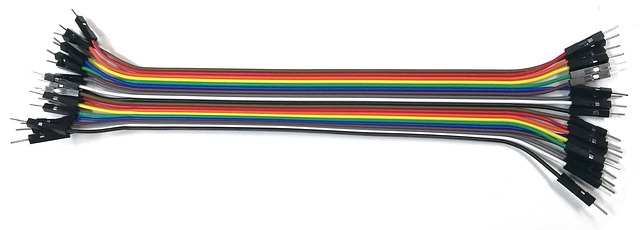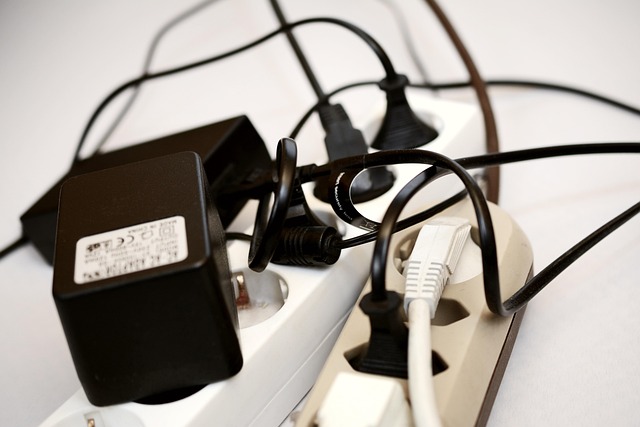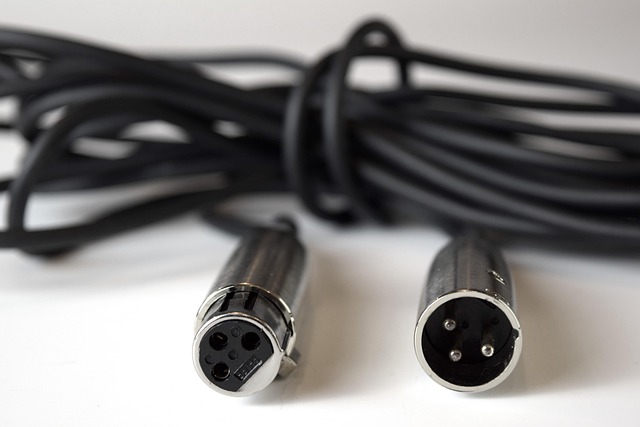The Ultimate Guide to Cable Insulation: Keeping Your Electric Car Running Smoothly
When it comes to maintaining an electric car, every component plays a crucial role in ensuring peak performance and safety. Among these, cable insulation might not be the first thing that springs to mind for most drivers, but it’s undeniably a vital part of your vehicle’s operation. Understanding how cable insulation impacts your electric car can help you keep your vehicle running smoothly and avoid costly repairs down the line.
Why Cable Insulation Matters in Electric Cars
Electric vehicles rely heavily on complex electrical systems, with numerous cables running throughout the car to transmit power from the battery to the motor and other electronic components. These cables need to be insulated effectively to:
- Prevent electrical shorts and potential fires.
- Protect against moisture, dust, and mechanical damage.
- Maintain overall system reliability and efficiency.
Good cable insulation acts as a shield, ensuring the energy flows uninterrupted while safeguarding your car’s sensitive electronics. Without proper insulation, the risk of malfunction rises, which could affect everything from the engine’s performance to onboard electronics.
The Role of Cable Insulation in Car Service & Maintenance
During routine car service, professionals often check the condition of wiring and cable insulation. Over time, exposure to heat from the engine and external elements can cause insulation to degrade. If you notice any signs of cracking, brittleness, or discoloration in your car’s wiring insulation, it’s time to act. Early detection can prevent electrical failures that might lead to breakdowns or expensive repairs.
Choosing Quality Cable Insulation: What Makes the Difference?
Not all cable insulation is created equal. For electric cars, manufacturers typically use materials designed to withstand high voltages, extreme temperatures, and mechanical stress—often more robust than traditional vehicles require. Common insulation materials include:
- Polyvinyl Chloride (PVC): Affordable and flexible, but less heat resistant.
- Cross-linked Polyethylene (XLPE): Excellent heat resistance and durability.
- Silicone Rubber: Highly flexible and resistant to temperature extremes.
By selecting the right insulation materials during repairs or upgrades, you can enhance your electric car’s durability and keep it running reliably through every journey.
Keeping Up with the Latest Car News and Innovations
The electric car industry is evolving rapidly, with constant innovations aimed at improving safety and efficiency. This includes the development of advanced cable insulation technologies that are lighter, stronger, and more heat-resistant than ever before. Staying informed about these advancements can help you make smarter choices when it comes to your vehicle’s maintenance and future upgrades.
Additionally, some forward-thinking auto shops now offer specialized electric car servicing that focuses on unique electrical components like cable insulation, ensuring your EV stays in prime condition with expert care.
The Bottom Line
Caring for your electric car’s cable insulation is an often-overlooked but essential part of maintaining the heart of your vehicle—the engine and electrical systems. Regular inspection and timely replacement of worn insulation can safeguard your car’s performance and your safety on the road. Embrace the knowledge about how cable insulation works, and you’ll be better equipped to keep your electric car running smoothly for years to come!



